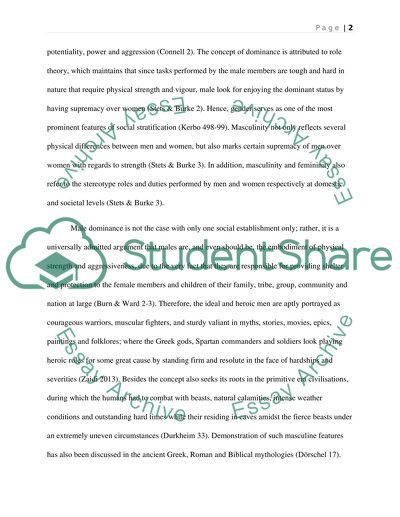Cite this document
(“The brief wondrous life of Oscar Wao using the example of Oscar and Essay”, n.d.)
The brief wondrous life of Oscar Wao using the example of Oscar and Essay. Retrieved from https://studentshare.org/literature/1664795-the-brief-wondrous-life-of-oscar-wao-using-the-example-of-oscar-and-yunior
The brief wondrous life of Oscar Wao using the example of Oscar and Essay. Retrieved from https://studentshare.org/literature/1664795-the-brief-wondrous-life-of-oscar-wao-using-the-example-of-oscar-and-yunior
(The Brief Wondrous Life of Oscar Wao Using the Example of Oscar and Essay)
The Brief Wondrous Life of Oscar Wao Using the Example of Oscar and Essay. https://studentshare.org/literature/1664795-the-brief-wondrous-life-of-oscar-wao-using-the-example-of-oscar-and-yunior.
The Brief Wondrous Life of Oscar Wao Using the Example of Oscar and Essay. https://studentshare.org/literature/1664795-the-brief-wondrous-life-of-oscar-wao-using-the-example-of-oscar-and-yunior.
“The Brief Wondrous Life of Oscar Wao Using the Example of Oscar and Essay”, n.d. https://studentshare.org/literature/1664795-the-brief-wondrous-life-of-oscar-wao-using-the-example-of-oscar-and-yunior.


